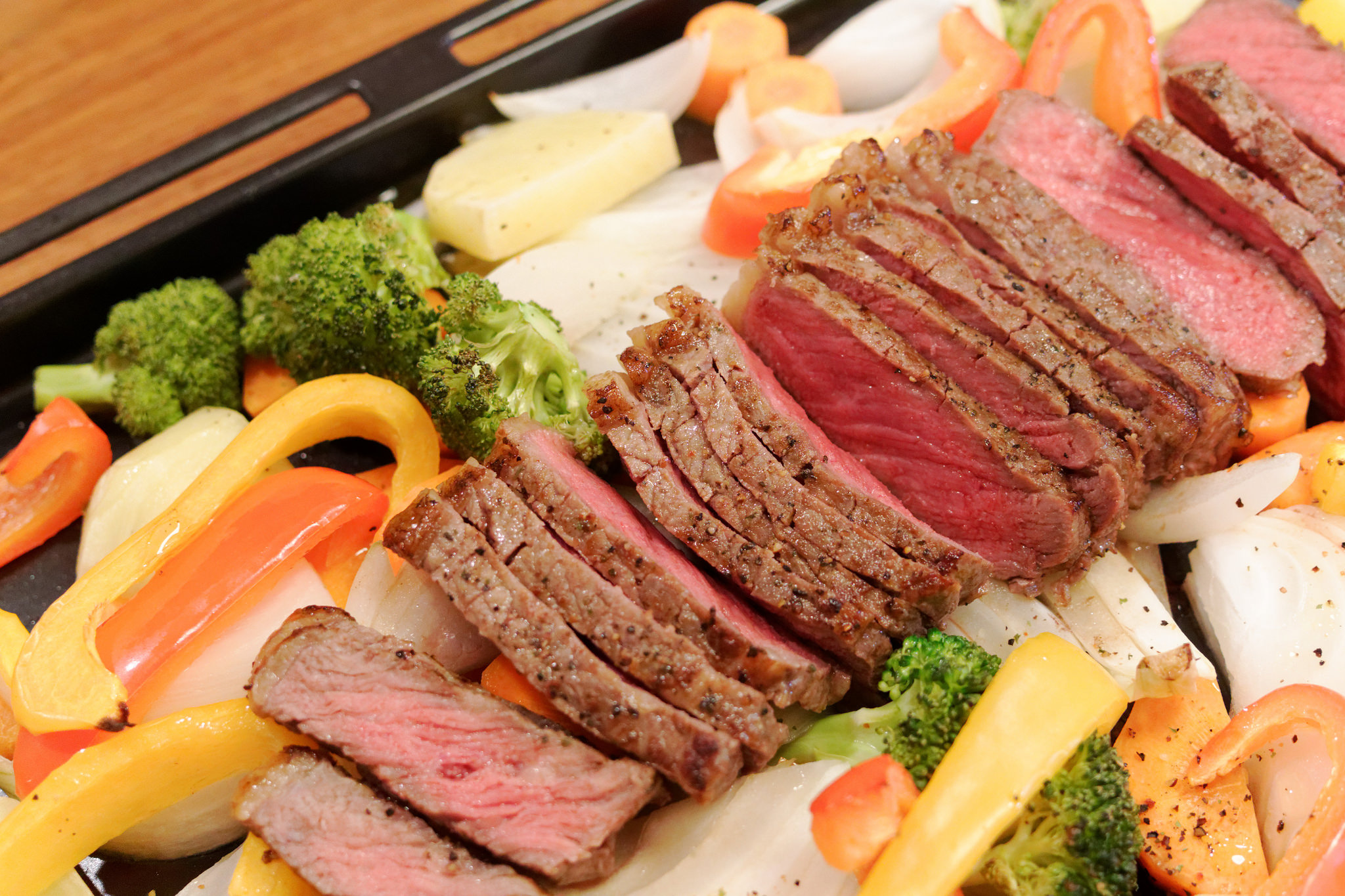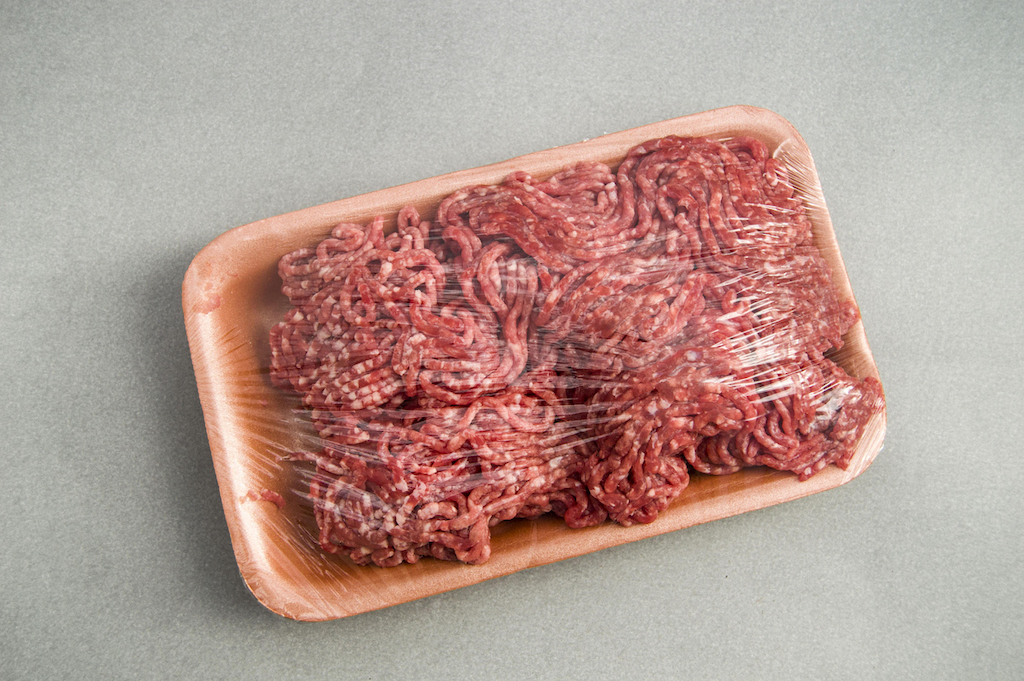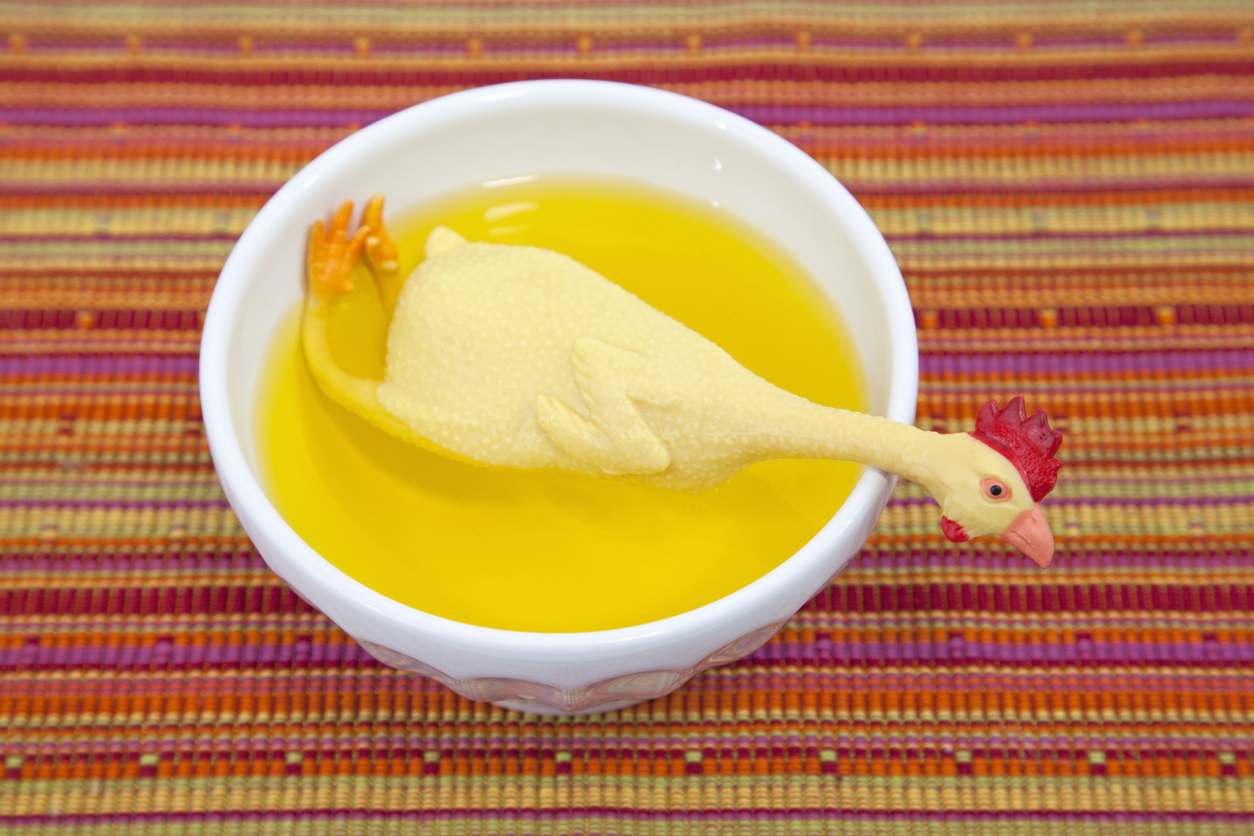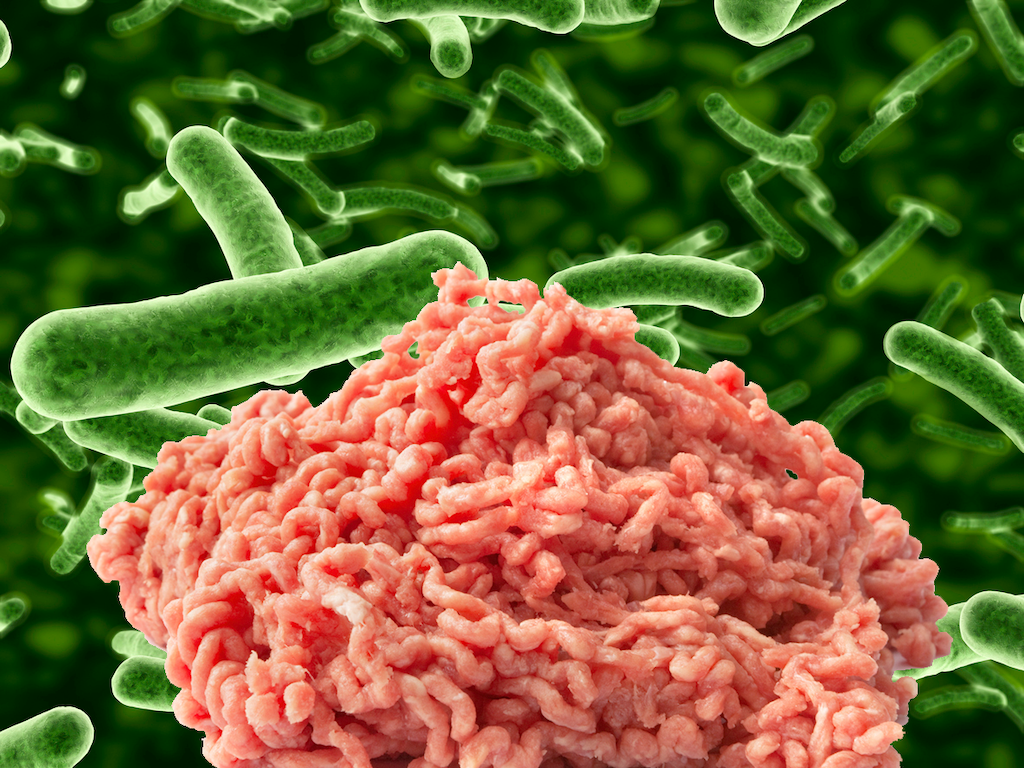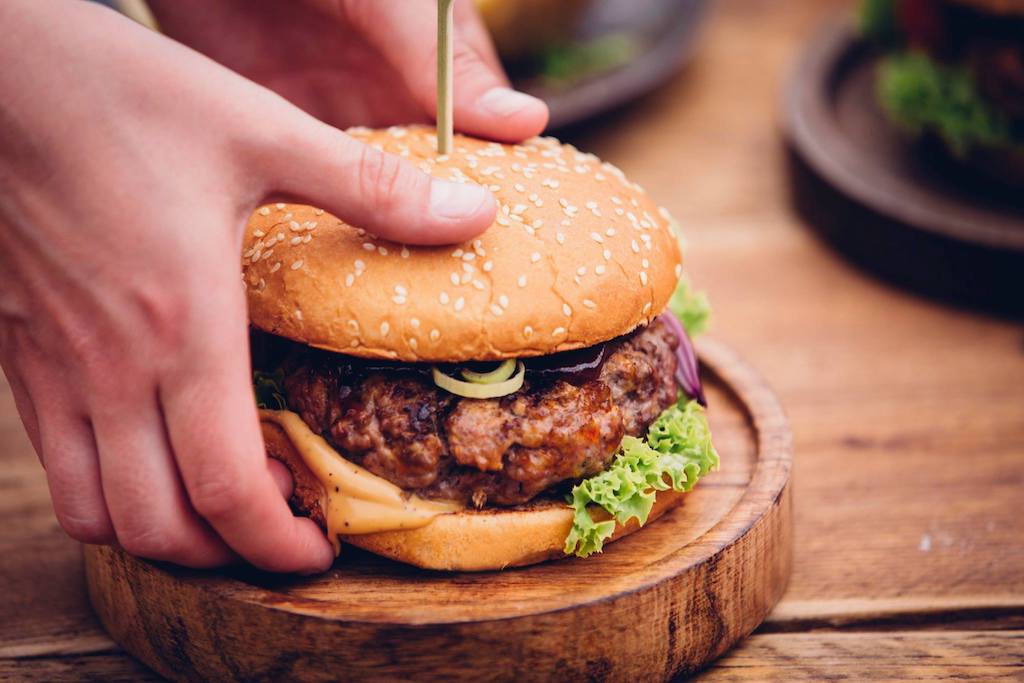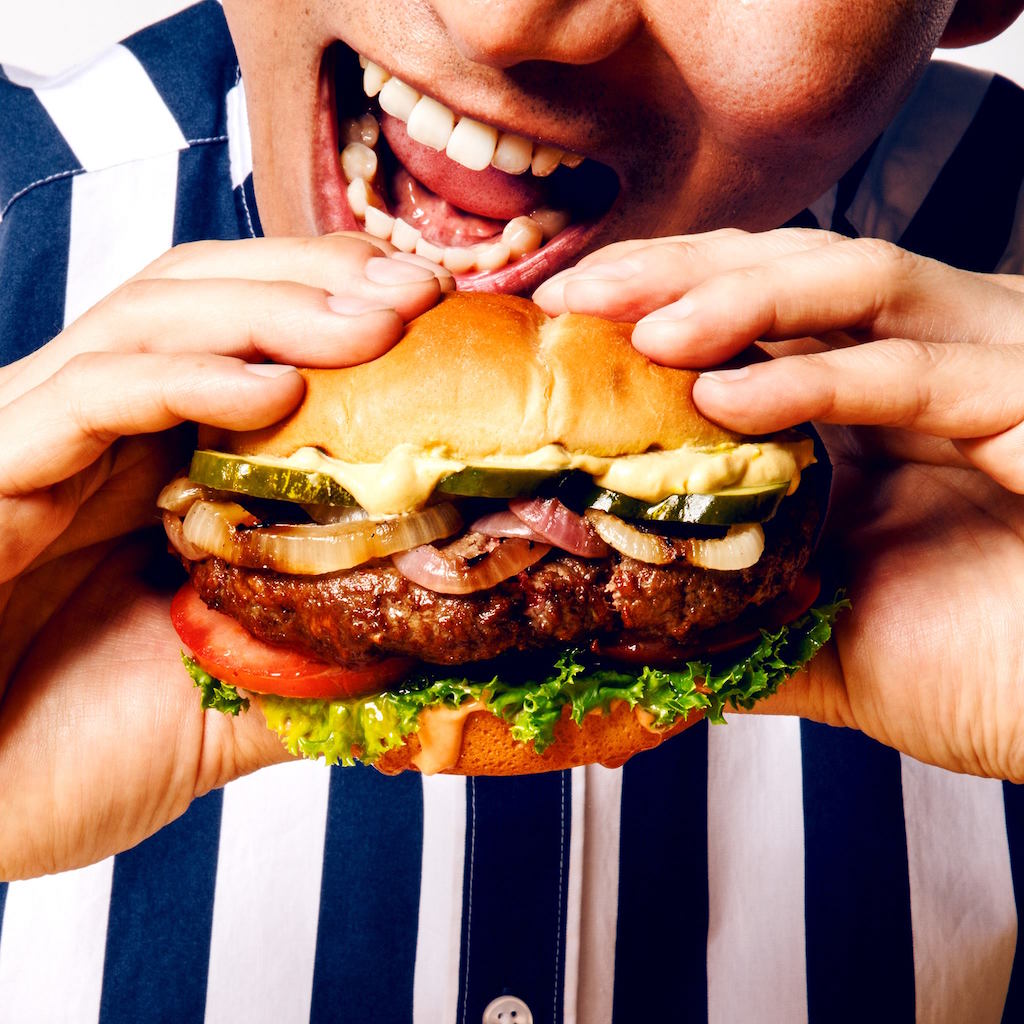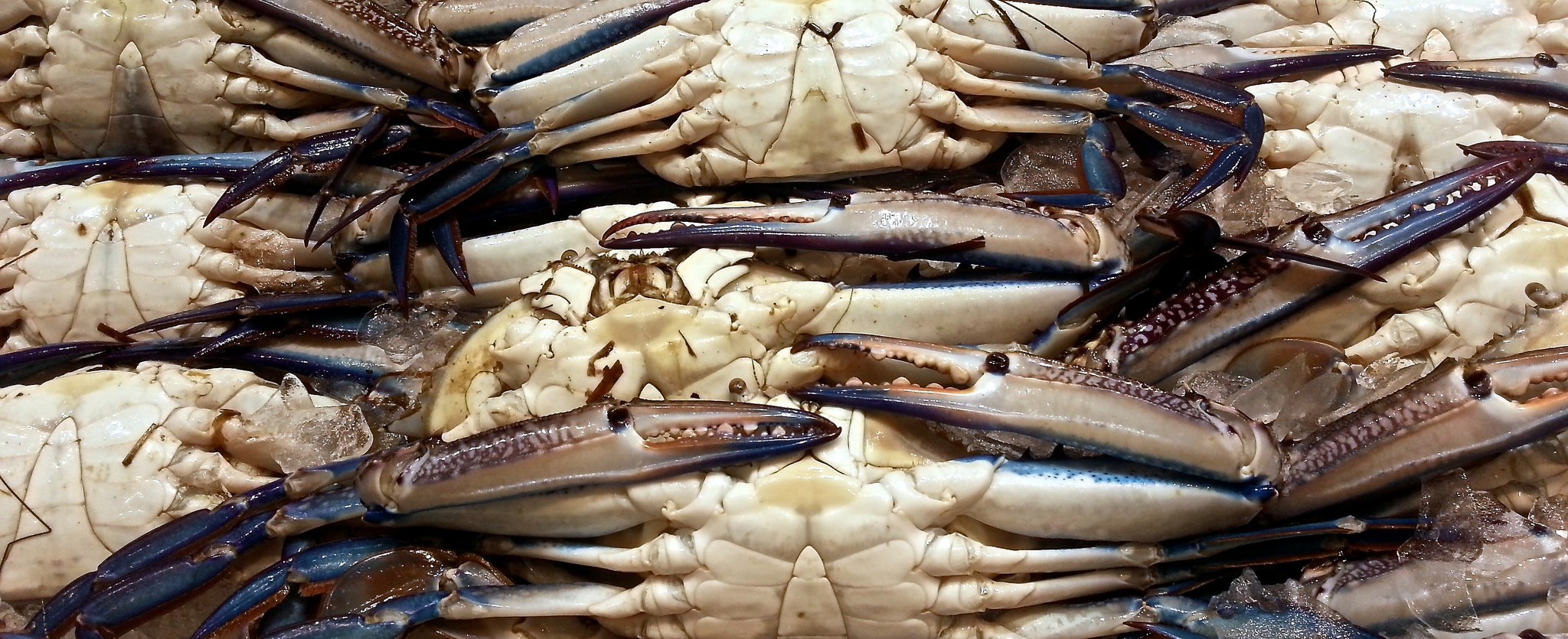This is the web version of a list we publish twice-weekly in our newsletter. It comprises the most noteworthy food stories of the moment, selected by our editors. Get it first here.
Beef’s beef with “beef.” There’s something of a familiar rhythm to food-industry trends (well, trends in any industry, really): they enter the market, blow up, make money, get media coverage, get copied, and then someone yells, ‘But how will we regulate that?,’ ‘Is it safe?’ And, most important, ‘If it’s not the real thing, then what should we call it?!’ It happened with edible insects. It happened with the blood-mimicking “heme” ingredient in the Impossible Foods burger. And boy, did it happen with plant-based milk. (Remember Dairy Pride and “malk”?) Now, Quartz’s Chase Purdy says the beef industry has got a similar beef (sorry) with cell-cultured meat.
Supermarket sweep. Here’s a delightful tale from Charlotte, North Carolina, about the lengths to which its homegrown grocers are going to woo customers away from online ordering and chain stores. Hint: stop shilling paper towels, lean in to local wine. And it doesn’t hurt to play Hornets games on a big TV—even if they’re having a bad year.
Allergic to controversy. Parents who took their children to see animated movie “Peter Rabbit” over the weekend were outraged when the beloved children’s book character and his friends used an enemy’s food allergies against him, the New York Times reports. Sony subsequently issued an apology.
…and change. Last week, Slate dove into five years of Yelp data to learn more about the relationship between Americans and chain restaurants. It varies by region, but fast food’s got a pretty tight grip on the Sun Belt. By contrast, New York City and Portland, Maine have the largest proportion of independent restaurants.
Thin on ice. Figure skater Adam Rippon delivered a graceful performance at the Olympics earlier this week. On Tuesday, the New York Times chronicled his years-long struggle with “quiet starvation.”
What else are the Olympians eating? A lot, Vox reports. Cross-country skiers need up to 7,000 calories per day.
